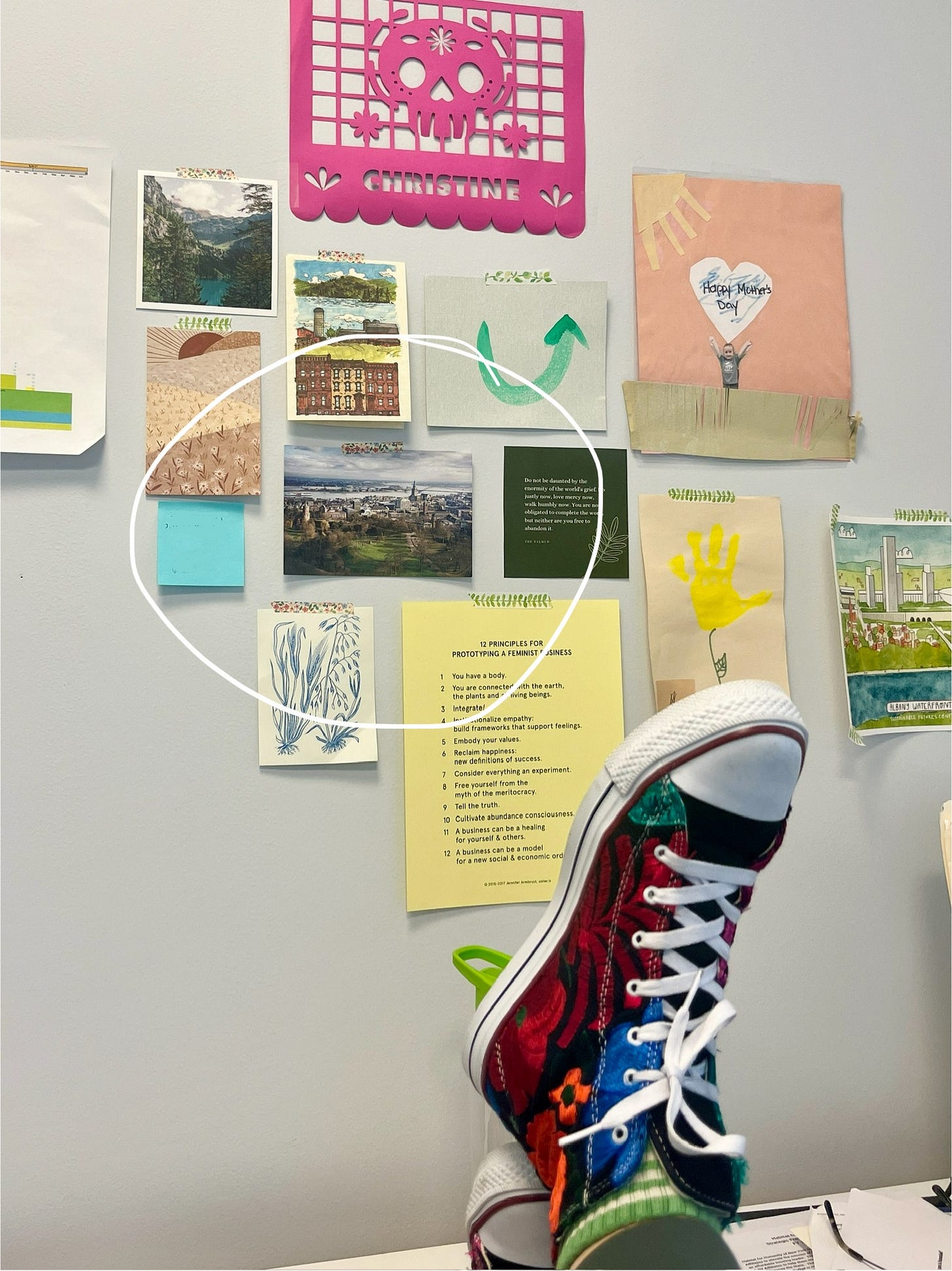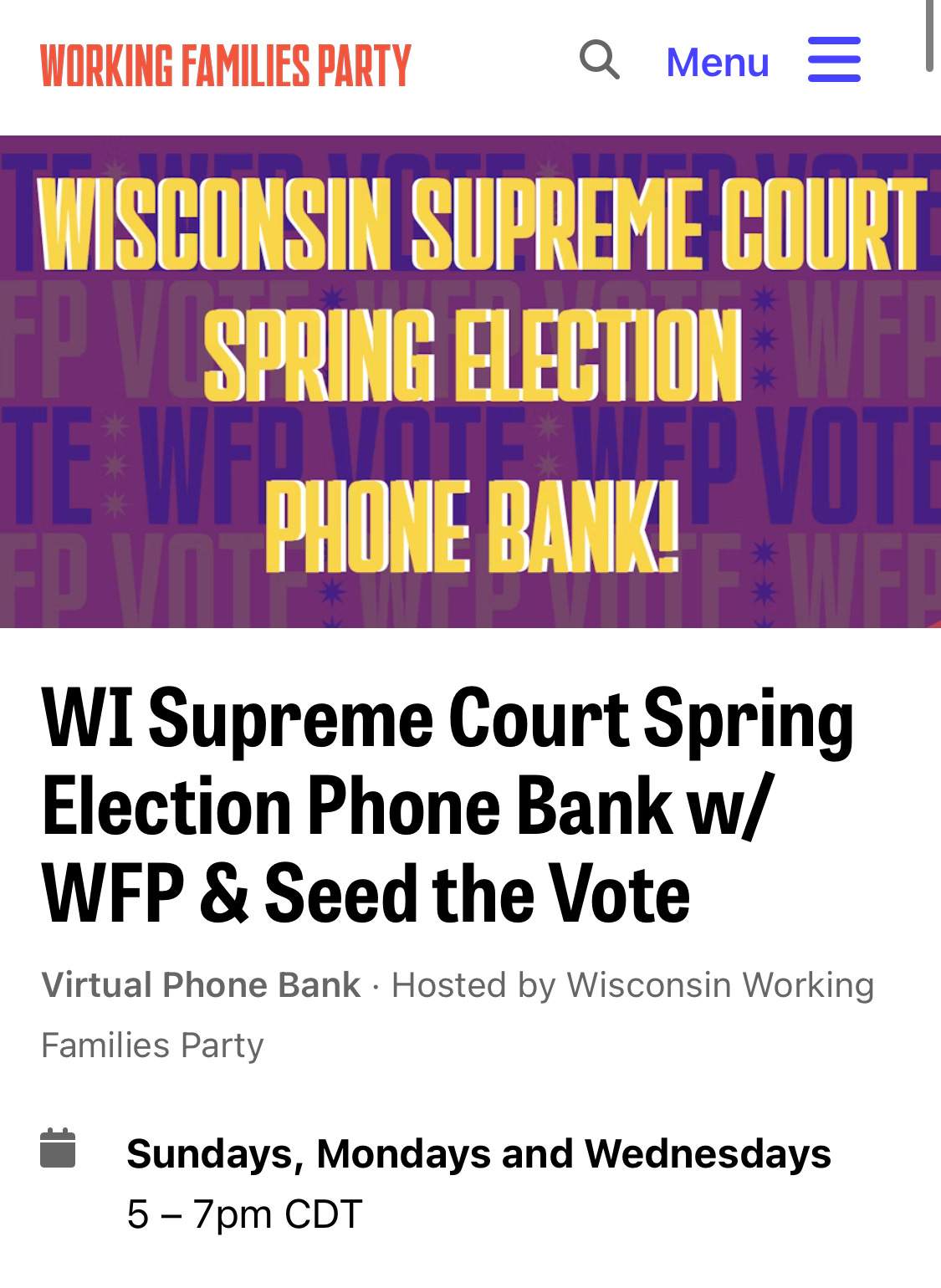
An overlooked outcome of the federal administration’s cruelty and chaos is that dreaming of anything better seems frivolous, because we have to do everything we can to prevent harm now — and the threats keep coming. How can we talk about the Green New Deal when the E.P.A. just rolled back every public health and climate protection? How can we imagine thriving, diverse neighborhoods when our neighbors are being snatched by ICE on their way to work? What good is it to talk about new housing policy when the federal government is being gutted, when the new HUD secretary’s very first action was to attack the trans community and when the FBI is threatening nonprofits who dare acknowledge that climate change is real?
I’m going to keep dreaming, imagining and building anyway. Let’s talk about social housing again.
New York State has a few exciting bills and budget items in the works, some that will surely pass this legislative session and other that have a longer road ahead. There’s the Working Families Tax Credit and universal school lunches, which seem like they’ll happen this year. There’s also a bicameral bill to create a Social Housing Development Authority:
“… to increase the supply of permanently affordable housing in the state through the acquisition of land and renovation or rehabilitation of existing real property, and through the construction of new, permanently affordable housing.”
I’M LISTENING.
Statewide coalition Housing Justice for All describes social housing as housing that “is permanently affordable, prioritizes community ownership and democratic control, and is protected from market forces. Social housing includes limited equity co-operatives, publicly owned housing, and community land trusts.” You might remember that community land trusts have the potential to be incredibly powerful tools for retaining community control, reducing displacement and returning power to regular people.
Do we agree housing is a human right? That we all deserve shelter? So why do we treat housing like a commodity and stock market game? Homeownership as a wealth building tool depends on exclusion. It only works for some because it doesn’t work for all. I’ve said it before, and I’ll keep saying it: we can do housing differently, and we can make homeownership fairer and more sustainable too.
The proposed Social Housing Development Authority would be a strong start. State funding — without needing to cover the profit incentive of private developers — could spur the acquisition or construction of tens of thousands of housing units that would be affordable to a range of incomes, preserved through the ongoing reinvestment of rent and to top it all off, union-built. Under this proposal, the Authority could:
Cap rents at 25% of household income
Ensure the permanent affordability of units
Acquire and revitalize distressed property, including foreclosed property with tenants at risk of displacement
Act as a land bank or a community land trust and help localities purchase and develop underutilized properties
Convert units into rent-controlled housing or limited-equity cooperatives
Improve energy efficiency and building sustainability
Use unionized construction and management labor
Years ago, a housing researcher from the Netherlands visited Albany and met with some of us housing folks. That’s when I first heard about social housing and the way some governments have financed, built and preserved it for large swaths of their populations, from the very poor through the solidly middle class. I remember asking him if they have a Habitat for Humanity national organization and he quietly was like, “Um, no, we take housing pretty seriously as a government responsibility,” and then it was my turn to sit there quietly.1 Although it turns out that the Netherlands DOES have a Habitat for Humanity, but it exists solely to raise money for housing in other countries ::insert upside down smiley face::
As an aside, I can’t wait to read the new book Homes for Living: The Fight for Social Housing and a New American Commons by Jonathan Charleton. In the meantime, read his excellent interview with
here.
Like most big pieces of legislation, I’m sure it will be years before we could see something like the Social Housing Development Agency take shape in New York. But even as the world order crumbles, it’s important to keep our eyes on the kind of society we want to build and to work towards making that a reality.
Without a vision of a better future, we’re lost.
Elsewhere
I’ve got to say, the only thing making me feel better about the current state of affairs in the U.S. is action. (And Girl Scout cookies and my little embroidery projects and fantasy books too.) I’m not helping anyone by doom scrolling. If you follow me on Bluesky you know that I recently joined a Working Families Party team that supports national phone banks. We’ve been focusing on the Wisconsin state supreme court race ahead of their April 1 election. Apart from wanting to fight back against the $8M+ that Musk has already dumped in the race, this wasn’t exactly my top political priority. But guess, what doing something— anything— really helps. I’m happy to be on a team that is basically “deployed” to help where we are needed: writing and editing phone scripts, facilitating phone banks, following up with volunteers. If you’re looking for something, join us! Write letters to Wisconsin voters. Download the 5calls app and start a practice of calling your reps at least once a week. Or get involved with your union, church, PTA, whatever.
At Habitat, we’re still building bridges across differences while we build homes, community and hope. Our next Coffee, Chat and Tour is Saturday, March 22 if you’re interested.
Although yikes, this NYT article about a Danish program (yes, I know that is not the same country as the Netherlands!) to eliminate “parallel societies,” which is to say, immigrant communities. It ties in with something I’m reading about how ethnically homogenous countries tend to implement stronger social safety nets but in diverse countries we refuse to do so. Because of racism.









Building a better future begins with believing it is possible. You are a such an inspiration for me in these difficult times. As long as you keep doing good things I will try to keep up.